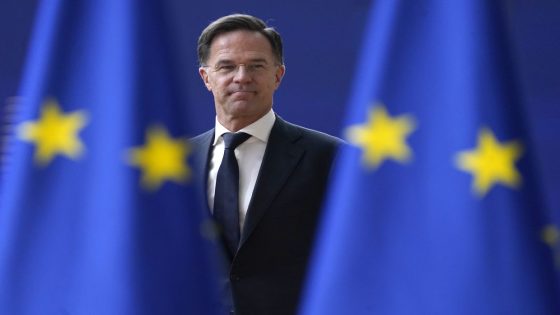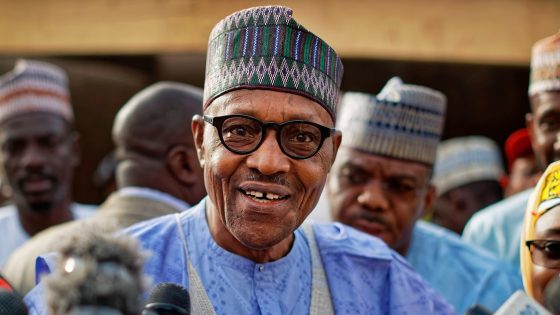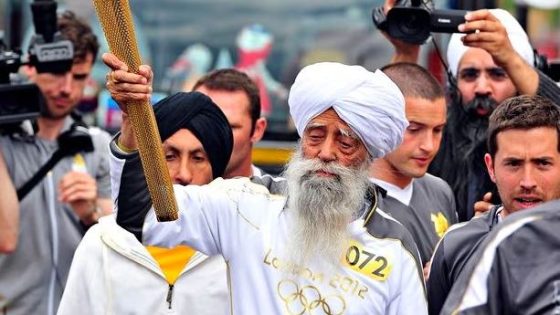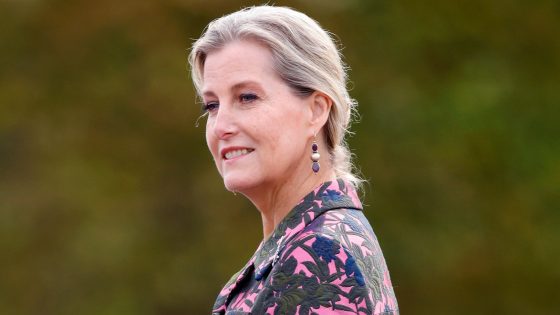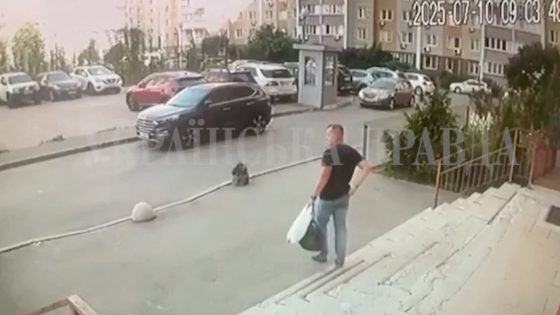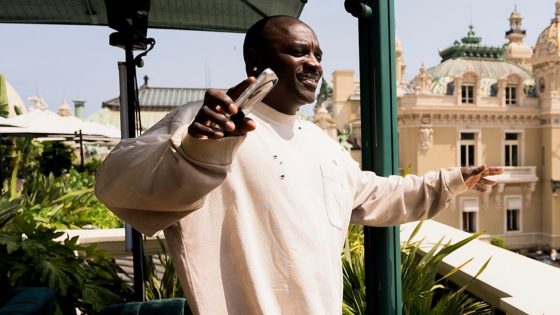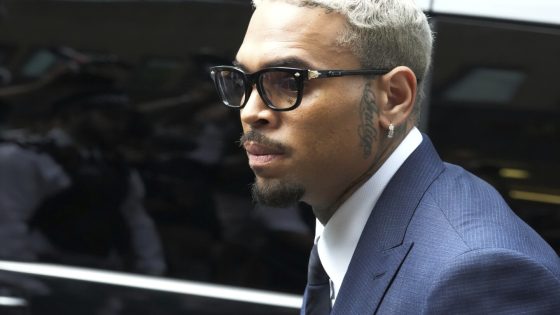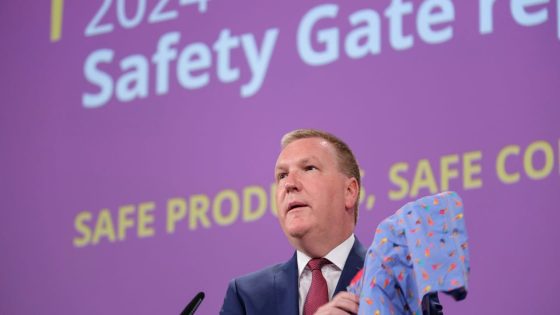NATO Secretary General Mark Rutte emphasized the urgent need for Europe to enhance its defenses against a resurgent Russia in a recent interview with the New York Times. He credited U.S. President Donald Trump for pushing the alliance to unprecedented levels of commitment, especially as tensions escalate in Eastern Europe. Rutte’s remarks on July 5, 2025, highlight the growing concerns regarding Russia’s military capabilities and its alliances with countries like North Korea and China.
- Europe must enhance defenses against Russia.
- Rutte credits Trump for NATO's commitment increase.
- Russia's military production surpasses NATO's capabilities.
- Interconnected security vital for U.S. interests.
- Europeans increased military aid to Ukraine significantly.
- Direct dialogue with Putin initiated by Trump.
Rutte pointed out that Russia is ramping up its military production at an alarming rate, producing three times as much ammunition in three months as NATO does in a year. This situation raises critical questions about the security of the Arctic and Atlantic regions, which are vital for U.S. interests. Are NATO members prepared to face these challenges head-on?
Rutte’s comments prompt reflection on NATO’s current strategies and the effectiveness of its deterrence measures. As the alliance navigates these complexities, several key points emerge:
- Increased military aid to Ukraine is essential for its ongoing defense.
- European nations must enhance their defense industrial output.
- Dialogue with Russia remains critical, despite current tensions.
- U.S. support is vital for NATO’s long-term strategy.
As NATO grapples with these challenges, a unified approach will be essential. Will member countries rise to the occasion and strengthen their defenses to ensure peace and security in Europe and beyond?



